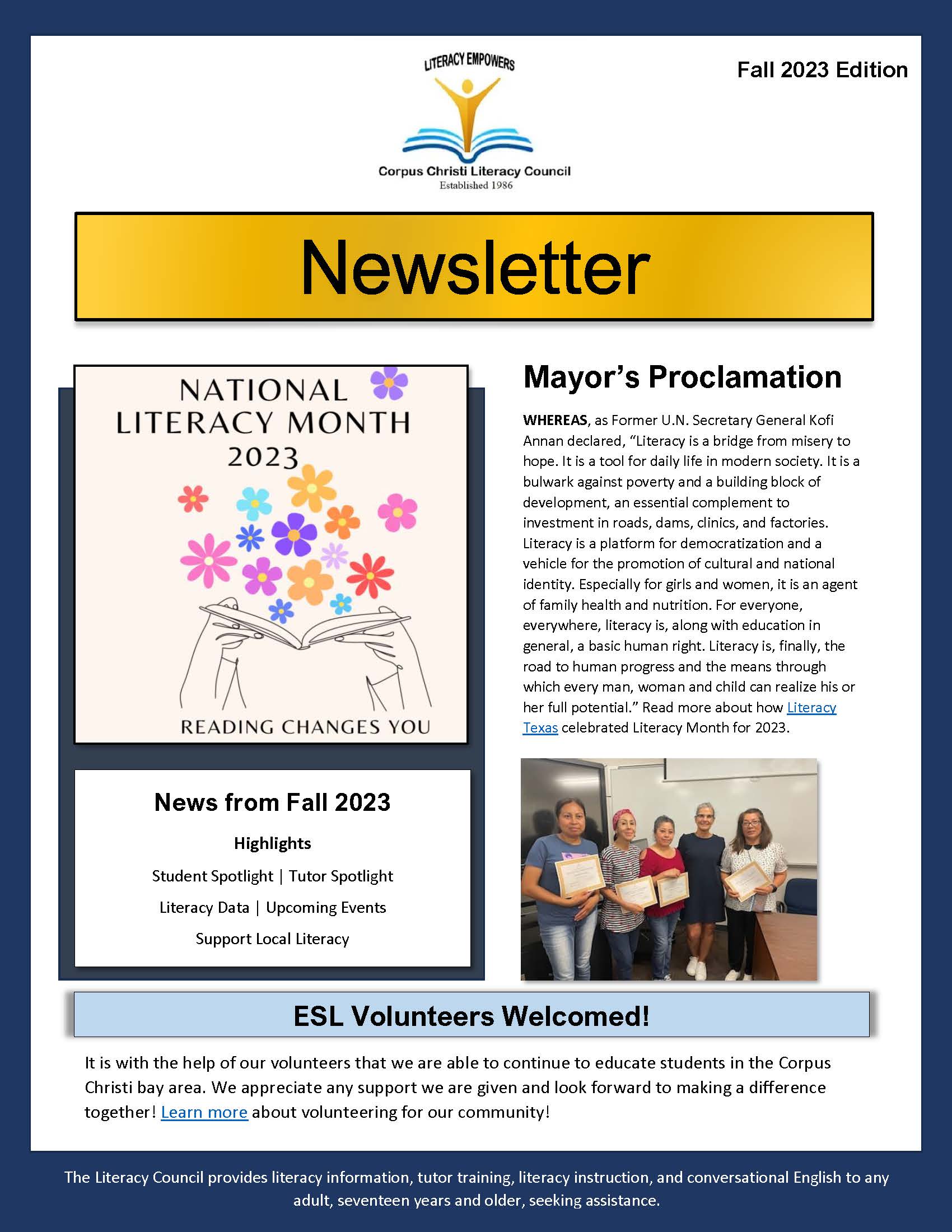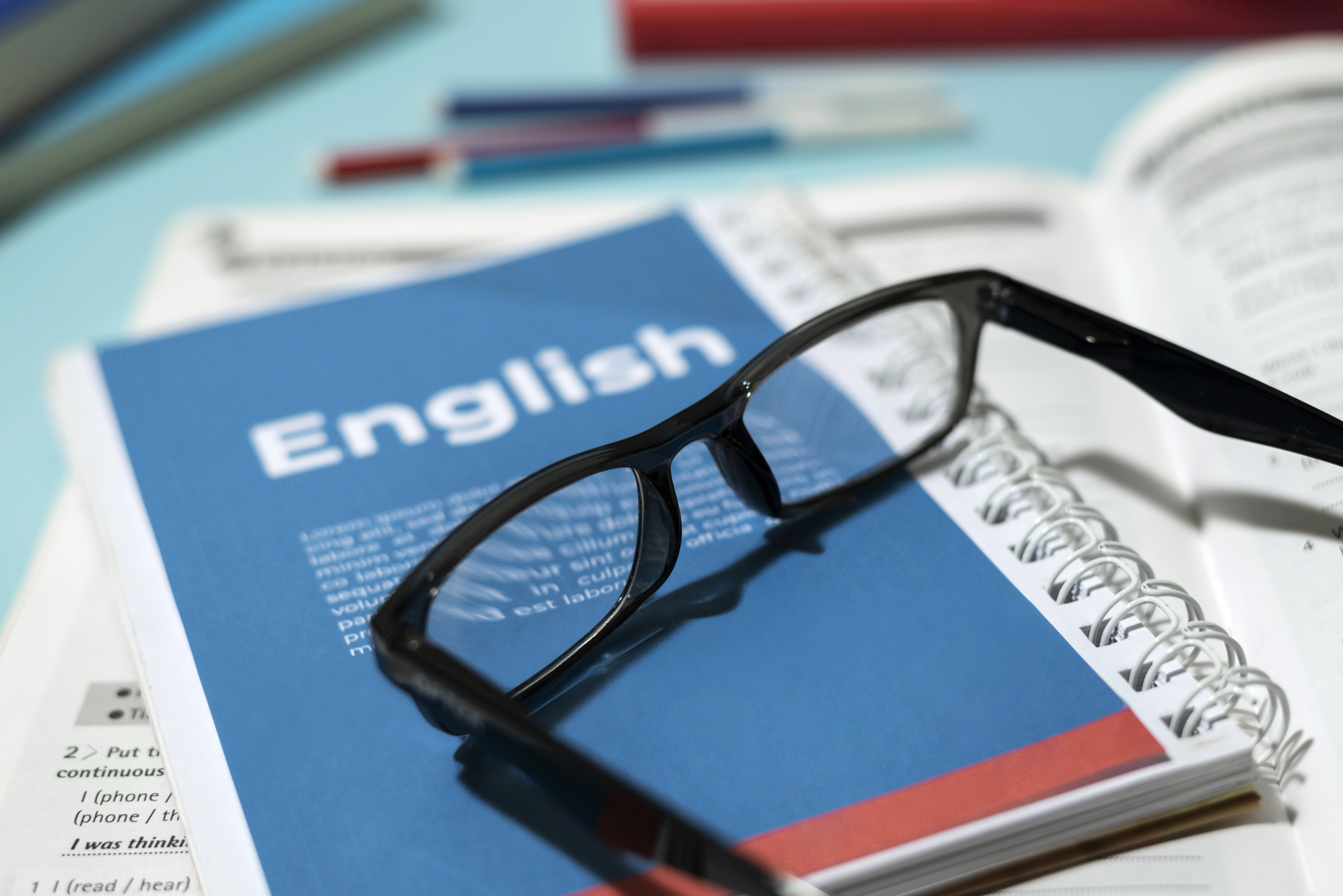Basic literacy skills are essential for functioning in daily life and achieving success. Without the ability to read and understand written instructions, forms, and other written materials, individuals may have difficulty navigating important tasks and decisions. For example, someone who lacks literacy skills may have difficulty understanding how to use public transportation, follow a recipe, or complete a job application.
Literacy skills are also important for personal and professional development. The ability to read and comprehend written information allows individuals to continue learning and expanding their knowledge, which can lead to increased job opportunities and higher salaries. In addition, reading for pleasure can provide numerous personal and social benefits, including increased empathy and understanding of others, improved communication skills, and a greater sense of connection to the world.
Furthermore, literacy skills are often linked to better health outcomes. For example, individuals who have difficulty reading may have trouble understanding medical instructions or consent forms, which can lead to negative consequences for their health. In addition, reading for pleasure has been shown to have stress-reducing effects, which can contribute to overall physical and mental well-being.
Overall, adult literacy is an important factor in individual success and well-being, as well as the success and well-being of communities and societies. Providing education and resources for adults to improve their literacy skills can have a positive impact on individuals and communities.


